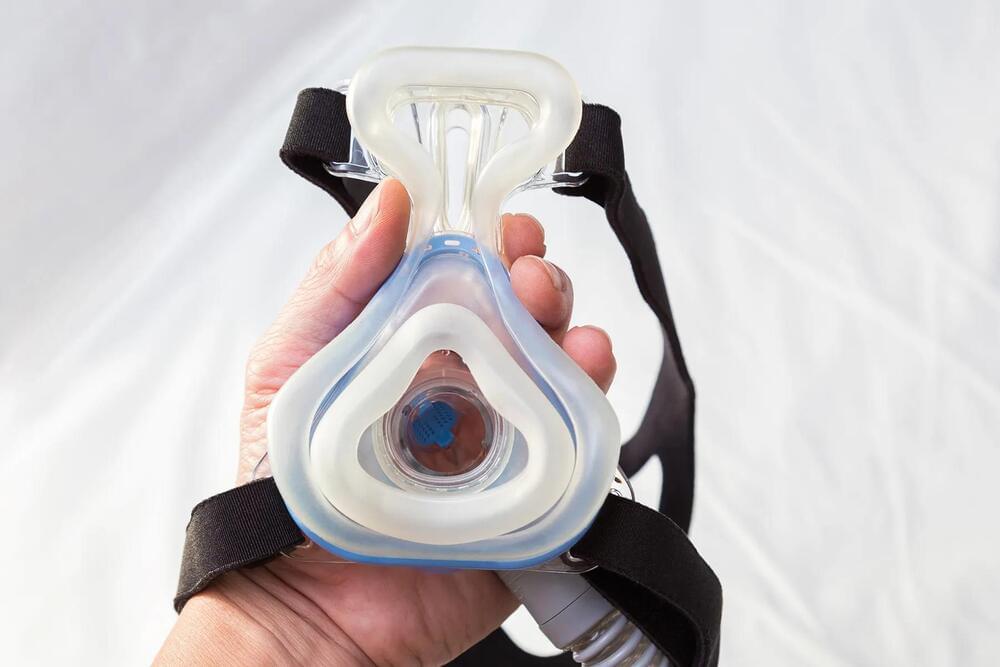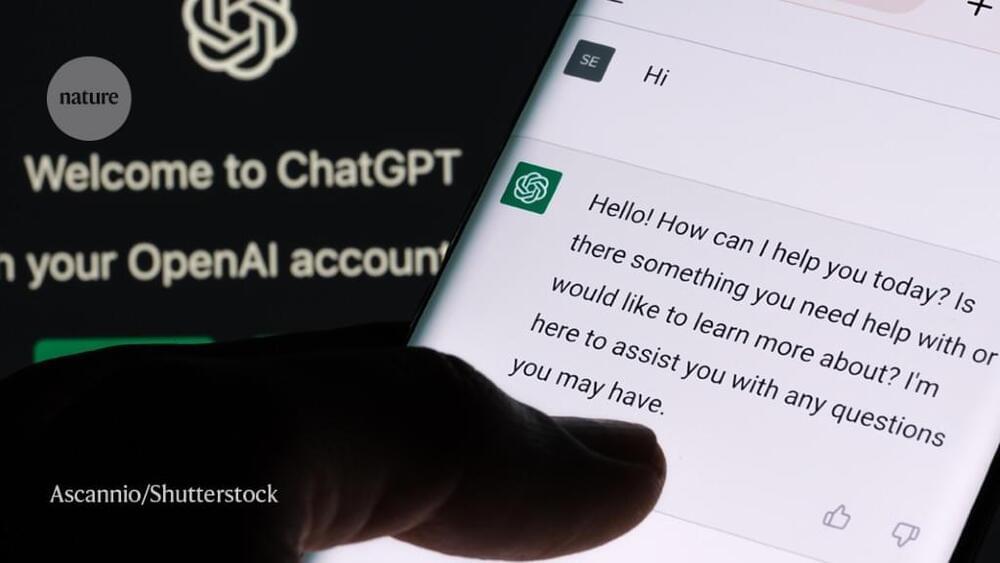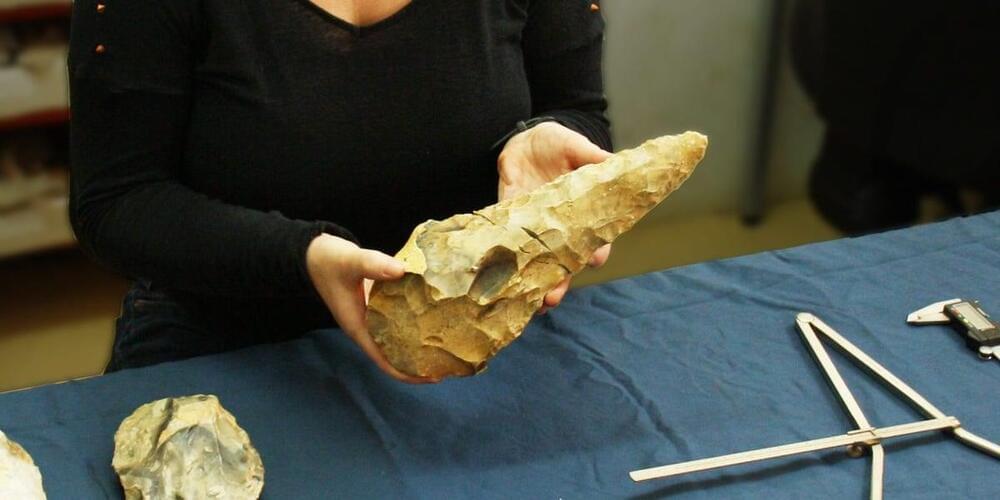The joint research team of Electrical Engineering and Computer Science Professor JeongHo Kwak at the DGIST and Aerospace Engineering Professor Jihwan Choi at the KAIST have proposed a novel network slicing planning and handover technique applicable to next-generation low-Earth orbit (LEO) satellite network systems. Findings of the study have been published in the journal IEEE Vehicular Technology Magazine.
LEO satellite networks refer to communications networks with satellites launched within 300–1,500km, established for a stable supply of Internet services. Unlike base stations on land in which radio signals are often interfered with by mountains or buildings, LEO satellites can be launched to build communications networks to places with low population density where base stations could not be set up, thereby allowing them to receive the spotlight as a next-generation satellite communications system.
Accordingly, as more and more satellites are placed in lower orbits, satellite networks are expected to be formed as an alternative to terrestrial networks using links between LEO satellites. However, LEO satellites move in predictable orbits, and their connection within the network is wireless, which is why LEO satellite networks must be considered from a different view than terrestrial networks.






